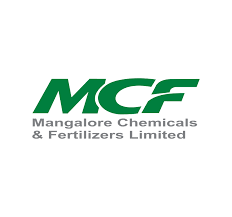Best Agrolife Ltd reports Rs 519.3 Cr revenue Q1 FY25
Company posted Profit After Tax of Rs 21.3 Crore in Q1FY25.
Best Agrolife Limited, amongst India’s leading agrochemicals manufacturers, announced its unaudited financial results for the quarter ended June 30th, 2024. Company reported Rs 519.3 Cr revenue from operations in Q1 FY25. Company’s EBITDA (excluding other income) stood at 54.6 crore. Company posted Profit After Tax of Rs 21.3 Crore in Q1FY25.
Inventory de-stocking issues should improve with the good monsoon, as higher demand and improved volumes have helped companies liquidate excess inventory in Q1 FY25.
During the quarter, Best Agrolife achieved key milestones by launching four patented products. The Company launched a patented rice herbicide under the brand name “Orisulam,” which is a broad-spectrum pre-emergence, early post-emergence and post-emergence herbicide. This patented triple combination herbicide controls a wide variety of weeds, grasses and sedges.
Best Agrolife also introduced another new patented product under the brand name of “Nemagen”. This is an innovative broad-spectrum insecticide with three potent technicals of CTPR, Novaluron, and Emamectin. This product combats the developing pest resistance. This product is an excellent solution for farmers for crops such as cotton, paddy, maize, pulses and vegetables.
The Company also introduced a patented soybean seed treatment and insecticide under the brand name “Warden Extra”. India ranks 5th in the world for soybean production and this product has an excellent scope for the years to come.
And the fourth patented product is a unique product – “Defender”. This unique insecticide plus fungicide combination is an excellent paddy product with effectiveness against fungal diseases such as blight as well as for eradicating the major paddy pest of BPH. This combination will control the major threats to paddy crops, thus improving yields and crop resilience. With the expectation of good rains and a good paddy crop, this will be another good product for the years to come.
Additionally, the Company secured a patent for a Stable Synergistic Pesticidal Composition, highlighting its commitment to innovation and sustainability. These advancements demonstrate the Company’s dedication to providing cutting-edge solutions and supporting farmers with reliable products.
Company posted Profit After Tax of Rs














